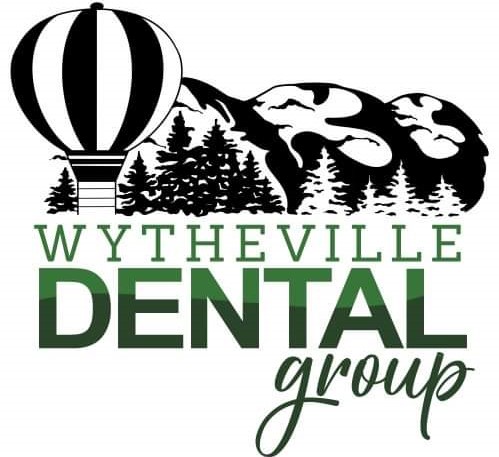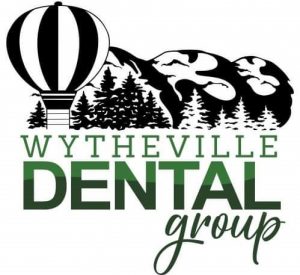What You Should Know About Dental Plaque
Dental plaque is a sticky film that forms on teeth when bacteria in the mouth are exposed to sugary or starchy foods. Everyone has dental plaque. Brushing and flossing regularly can remove most of the film. If you don’t brush your teeth soon after consuming food or beverages, the combination of sugars, acids, and bacteria can quickly form plaque.
How Dental Plaque on Teeth Affects Your Oral Health
The bacteria that form plaque produce acids after you eat or drink. Plaque begins as a nearly clear substance, and if not removed, becomes tartar. As it mineralizes into tartar, it becomes a hard yellow or brown deposit that sticks to the teeth and requires a dental professional to remove. Plaque is the cause of several major oral health problems.
If tartar is not removed, the substance can do more than just change the color of your teeth. In addition to dark spots and yellowing, the acids it contains can destroy tooth enamel leading to cavities, tooth decay, and infections such as an abscessed tooth.
Plaque may also form under the gum line on the tooth roots, causing the bones that support the teeth to begin to break down. Dental plaque and tartar buildup under the gums can lead to gingivitis, periodontal disease, and eventually tooth loss.
How Can You Control Dental Plaque
Good oral hygiene is the key to reducing and controlling dental plaque. Floss daily to remove food particles and plaque in between teeth, and brushing your teeth and gums twice a day, preferably after every meal, will remove much of the plaque from your teeth before it can do damage.
Regular checkups and cleaning performed by your dentist will ensure that plaque isn’t causing tartar build ups that could damage your teeth and gums. At Wytheville Dental Group, our professional staff is dedicated to treating each patient with the most advanced dentistry available and helping you to maintain a healthy set of teeth and a beautiful smile. To learn more about dental plaque and to answer any other questions, contact us today.

